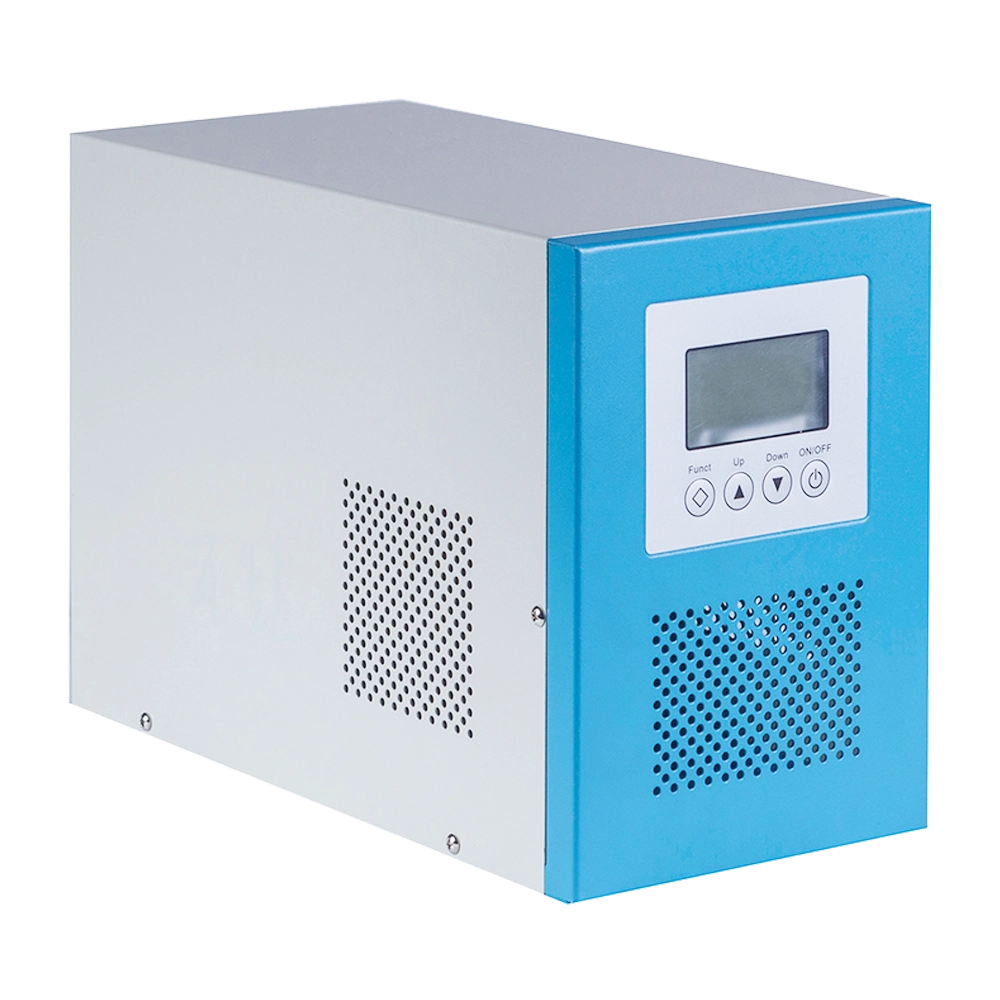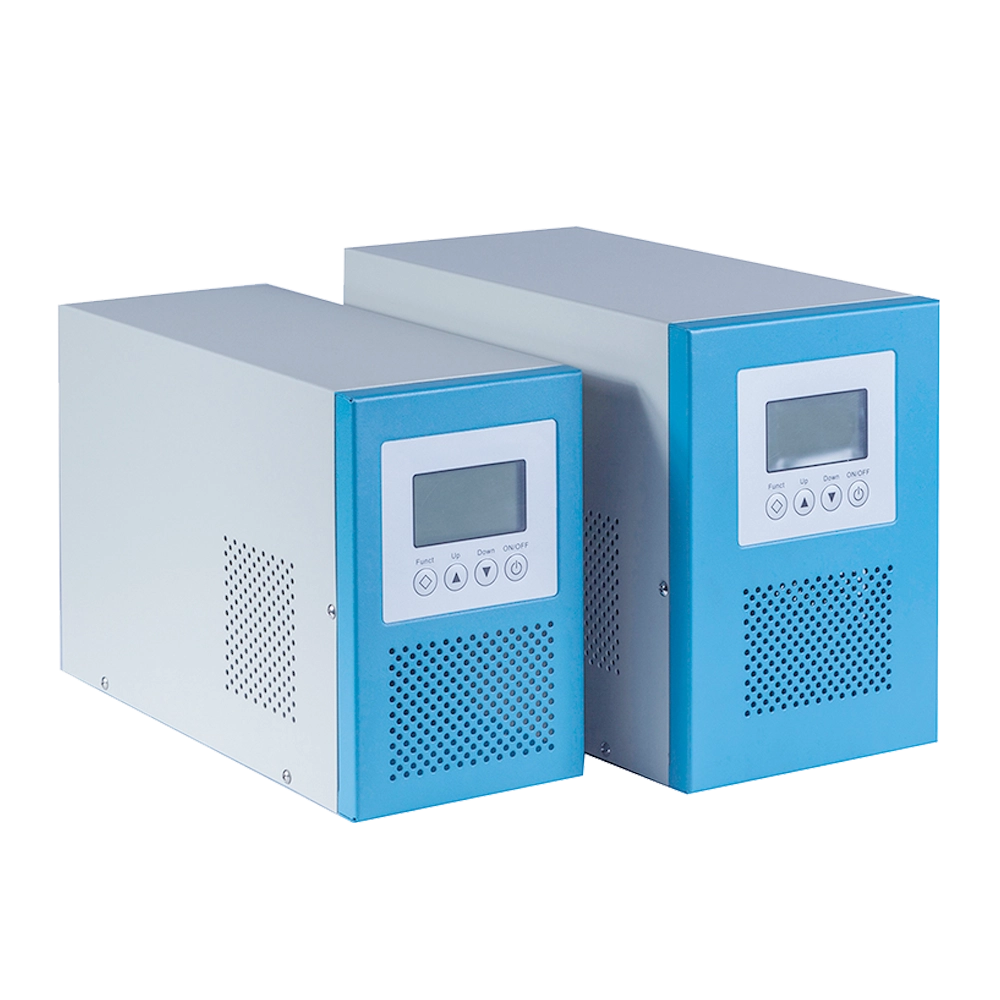Views: 174 Author: Site Editor Publish Time: 2025-10-09 Origin: Site








Solar energy has emerged as one of the most promising renewable energy sources, with increasing adoption worldwide. As more homeowners and businesses turn to solar panels for clean and sustainable power, one of the common questions that arise is whether solar panels can power devices directly without the need for an inverter. This question hinges on the role inverters play in converting direct current (DC) from solar panels into alternating current (AC) suitable for household appliances. In this article, we will delve into the technical aspects of solar panels and inverters, exploring whether it's feasible to operate devices directly from solar panels, the pros and cons, and when it might be a good idea to bypass the inverter.
Solar panels convert sunlight into electricity through photovoltaic (PV) cells. These cells generate direct current (DC) electricity when exposed to sunlight. While solar power is a clean and renewable energy source, DC electricity is not typically compatible with most household devices, which generally require alternating current (AC).
An inverter is an essential component in most solar energy systems. It converts DC electricity from the solar panels into AC power, making it compatible with home appliances, electronics, and the electrical grid. Inverters also ensure that the power output is stable and usable, as well as offering additional functionalities like monitoring the performance of the system and optimizing energy production.
Without an inverter, solar panel output would remain in DC form, which limits its usability for most standard devices. This is where the question of whether solar panels can power devices directly without an inverter comes into play.

The short answer to this question is that it is technically possible to power certain devices directly from solar panels without an inverter. However, this only applies to DC-powered devices that are designed to operate on low-voltage DC electricity. Examples include some LED lights, DC-powered water pumps, and other specialized appliances.
For devices that are designed to run on AC power, such as most household electronics, air conditioners, and appliances, using solar power directly without an inverter is not practical or feasible. This is due to the mismatch between the form of energy (DC vs. AC) and the voltage requirements.
There are certain situations where a direct connection between solar panels and DC-powered devices can work efficiently. For instance:
LED lighting systems: Some solar-powered lighting systems for gardens or outdoor use operate directly from the DC power generated by solar panels.
DC water pumps: Certain water pumps used in small-scale agricultural or off-grid applications are designed to run on DC power, making them suitable for direct connection to solar panels.
DC appliances: Items like fans, refrigerators, or other low-power appliances designed for off-grid use can sometimes be powered directly by solar panels without the need for an inverter.
While there are certain DC devices that can run directly from solar panels, this approach has limitations:
Voltage and Current Matching: Most solar panels generate a relatively low DC voltage (typically 18-20V), which may not match the voltage requirements of many devices. Even if you connect a device directly, there may be issues with the voltage being too high or too low.
Energy Storage: Solar panels generate power only when there is sunlight, meaning that devices powered directly by solar panels will only work during the day. Without energy storage (such as a battery), there's no way to ensure a continuous power supply at night or during cloudy days.
Efficiency Loss: Solar panels provide energy in DC form, and not all devices are optimized for DC use. Some might still require a step-down converter or other specialized equipment to ensure efficient operation.
Inverters play a pivotal role in transforming the energy generated by solar panels into a usable form. As mentioned, inverters convert DC power into AC power, which is the type of electricity needed for the vast majority of household appliances and systems.
AC Compatibility: Most appliances in a modern home are designed to run on AC power. Inverters ensure that the DC power from solar panels is transformed into AC, making it usable for everyday devices.
Voltage Regulation: Inverters regulate the voltage and current from solar panels, preventing fluctuations that could potentially damage sensitive appliances.
Grid Connection: Inverters enable solar systems to connect to the grid, allowing for the possibility of selling excess energy back to utility companies or drawing power from the grid when solar generation is insufficient.
Improved Efficiency: Modern inverters can optimize energy production through Maximum Power Point Tracking (MPPT), ensuring that the solar panels generate as much power as possible under varying conditions.
String Inverters: These inverters are commonly used in residential solar systems, where multiple solar panels are connected in series to form a “string.” The inverter converts the combined output of the panels into AC power.
Microinverters: These are small inverters that are attached to individual solar panels. They convert the DC power from each panel into AC power on a per-panel basis, improving efficiency and reducing the impact of shading or panel malfunctions.
Hybrid Inverters: These inverters combine the functions of a solar inverter and a battery inverter, allowing for energy storage in addition to conversion. They are commonly used in off-grid and backup power systems.

In some off-grid solar systems, there are situations where an inverter might not be necessary. For instance, if the entire system is designed around DC-powered devices, it may be more practical to use DC energy directly from the solar panels. Examples of such setups include:
Off-grid homes using only DC-powered devices: In certain remote locations, homes may operate entirely on DC-powered appliances, thus eliminating the need for an inverter.
Solar pumps and water heaters: In rural or agricultural settings, solar pumps and water heaters that are designed for DC use may operate efficiently without the need for an inverter.
In some cases, avoiding the use of an inverter can be a cost-saving measure. Inverters can be expensive, and if your application only requires DC power, bypassing the inverter may reduce initial setup costs. Additionally, it can simplify the system, reducing the number of components that need to be maintained.
While solar panels can technically power devices directly without an inverter, this is only feasible for DC-powered devices. In most residential applications, inverters are necessary to convert the DC power from solar panels into AC power for standard household appliances. Inverters also provide other important functions, such as voltage regulation and grid connectivity, making them indispensable for most solar power systems. If you're using DC devices and live in an off-grid or specialized setup, you might be able to bypass the inverter, but for most typical uses, an inverter remains a key component of an efficient and reliable solar power system.
1. Can solar panels directly power a refrigerator?
No, a refrigerator requires AC power, which means you'll need an inverter to convert the DC electricity from the solar panels into AC.
2. What type of appliances can be powered directly by solar panels?
Appliances that run on DC power, such as some LED lights, DC fans, and water pumps, can often be powered directly by solar panels.
3. Can I use solar power without an inverter for an entire home?
For a home to run entirely on solar power, you'll typically need an inverter, as most household devices require AC power. Only a specialized off-grid home with DC appliances could potentially operate without an inverter.
4. How does an inverter improve solar system efficiency?
Inverters optimize the power generation from solar panels by adjusting the energy output to match the needs of household appliances. They also prevent voltage fluctuations that could damage devices, improving overall system efficiency.



